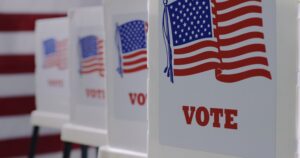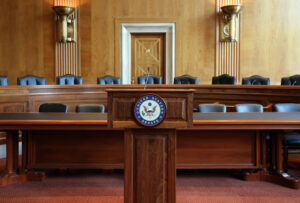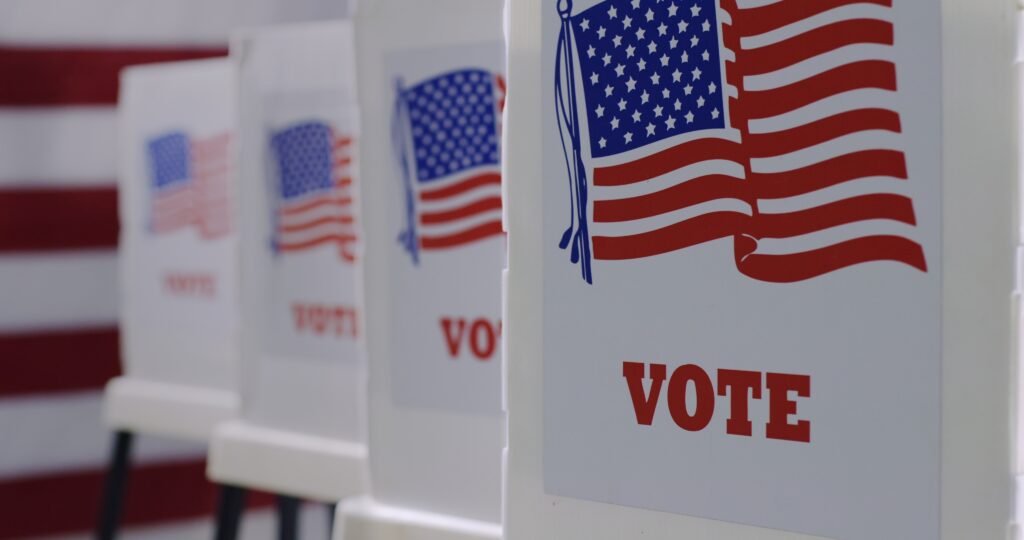The BEER Act: Offering Relief and Re-Investment to the Beer Industry
Brewers, Beer Importers Applaud Bipartisan Legislation to Reduce Excessive Taxes
WASHINGTON, DC – A bipartisan beer tax-relief bill introduced in the House of Representatives yesterday won immediate support and praise from America’s brewers and beer importers as a means of growing an industry that puts more than 2 million Americans to work.
Introduced by Reps. Tom Latham (R-IA) and Ron Kind (D-WI), the Brewers Excise and Economic Relief Act of 2013 (BEER Act), H.R. 1918, would reduce excise taxes for all brewers and beer importers, particularly the 90 percent of brewers which produce fewer than 15,000 barrels annually.
The Beer Institute, the trade association representing brewers, beer importers and supply-chain businesses, praised the BEER Act because it would encourage re-investment in the $246.5 billion industry.
“In Wisconsin we treasure our beer industry. It’s not only part of our heritage, but also plays a critical role in the state’s economy,” said Rep. Ron Kind. “This is a fair, balanced, pro-growth bill that will help ensure that brewers across the country continue to provide great jobs and great products.”
“We
commend the co-sponsors of the BEER Act for introducing fair legislation that fosters
economic growth across the country, and enables small brewers to continue to
grow their businesses,” said Joe McClain, president of the Beer Institute. “The
last time federal taxes were raised on beer, 60,000 Americans lost their jobs.
Our fragile economy, and local American businesses, cannot shoulder that unfair
burden again.”
Except for small brewers, defined in the current U.S. tax code as brewers producing less than 2 million barrels annually, the current federal excise tax rate for beer is $18/barrel.
Under the BEER Act of 2013:
- Small brewers would pay no federal excise tax on the first 15,000 barrels;
- Small brewers would pay $3.50 on barrels 15,001 to 60,000;
- Small brewers would pay $9 per barrel for every barrel over 60,000 and up to 2 million barrels;
- For brewers producing more than 2 million barrels annually, and for all beer importers regardless of size, the federal excise tax rate would be $9 per barrel for every barrel.
On average, more than 40 percent of what American beer drinkers pay for a beer goes toward federal, state and local taxes—from excise to consumption to sales taxes, as well as the normal business taxes. That makes taxes the most expensive ingredient in beer today. Given that the average American beer drinker has an annual income of less than $50,000, these regressive taxes disproportionately affect middle-class Americans, who are already struggling through a sluggish recovery.
A higher tax would threaten an important industry that serves America in every state, generating a $246.5 billion economic impact. The beer industry directly and indirectly employs more than 2 million Americans, paying $78.9 billion in wages and benefits.
“The beer industry is creating quality jobs, stimulating local economies and contributing more than its fair share of revenue,” McClain added. “This legislation will help sustain an industry that is already aiding economic growth across the nation and will continue to grow the small brewer success story.”
###
The Beer Institute, established in 1986, is the national trade association for the brewing industry, representing both large and small brewers, as well as importers and industry suppliers. The Institute is committed to the development of sound public policy and to the values of civic duty and personal responsibility: www.BeerInstitute.org.













